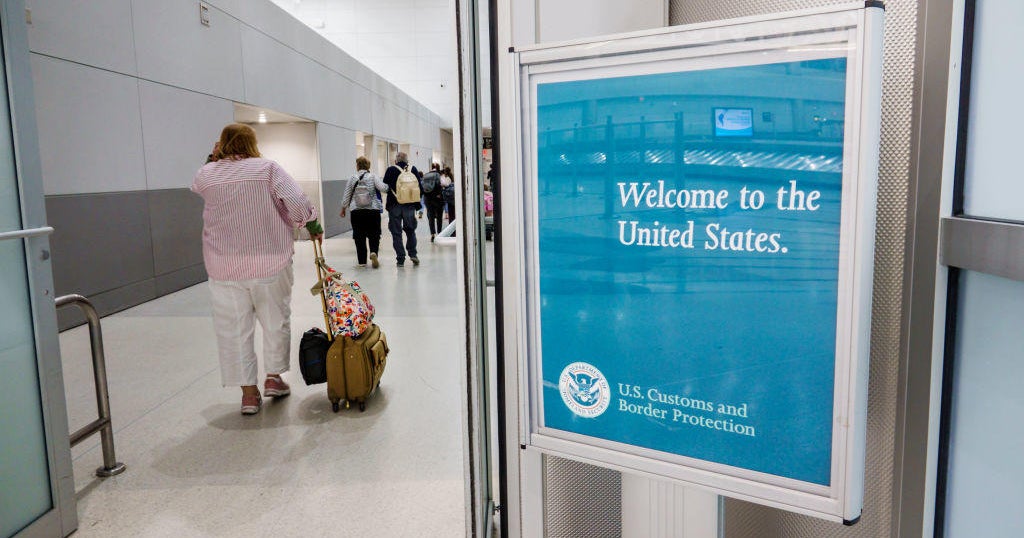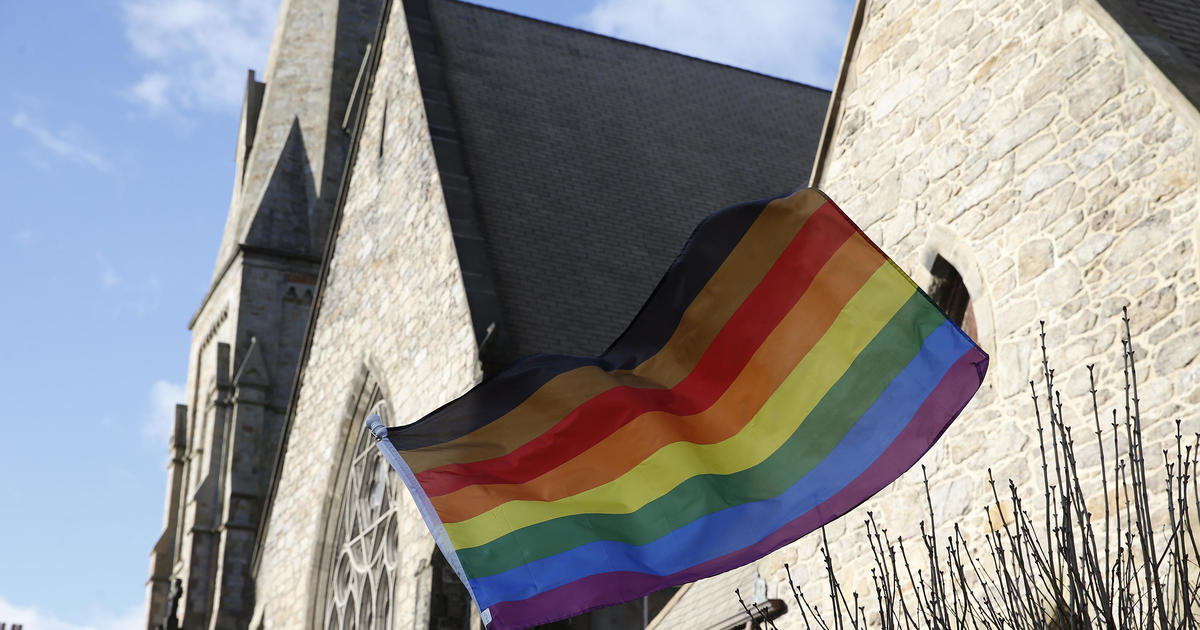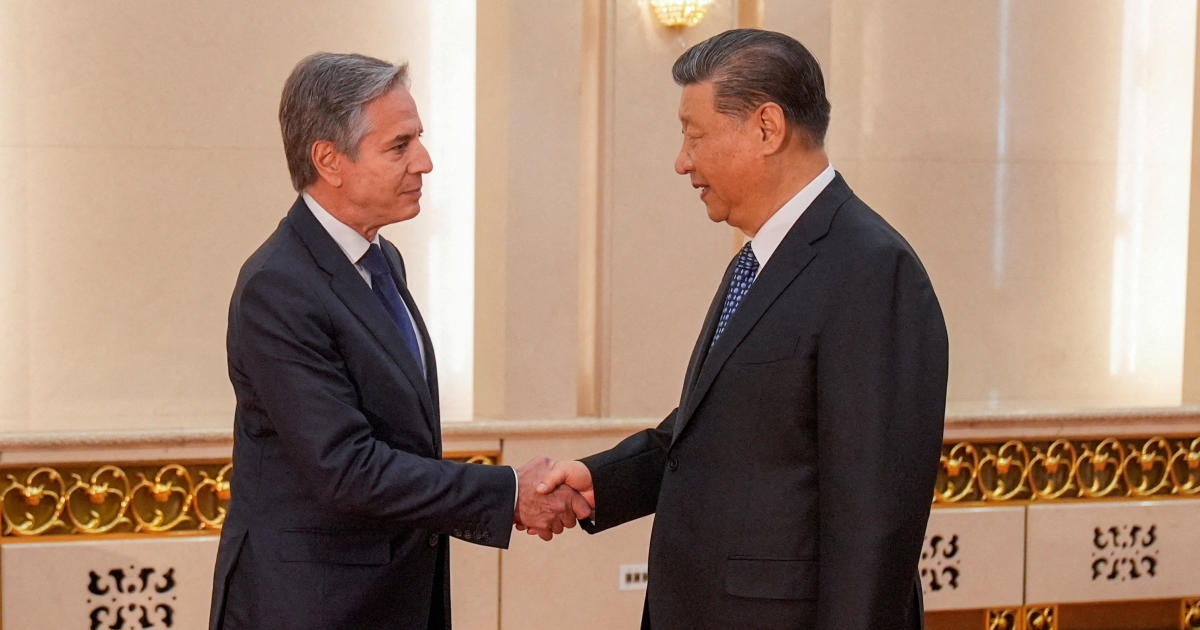Roller-coaster nuclear diplomacy between U.S. and North Korea hits highs and lows
SINGAPORE -- Roller-coaster nuclear diplomacy between the United States and North Korea hit highs and lows on Saturday as the countries' top diplomats traded polite words and barbs, leaving efforts to rid the North of its atomic weapons at an uncertain juncture.
At a security conference in Singapore, U.S. Secretary of State Mike Pompeo accused North Korea and countries including Russia of continuing to violate U.N. sanctions aimed at pressing Pyongyang to give up its nuclear arsenal. But at the same time, he oversaw the handover of a letter to North Korean leader Kim Jong Un from President Donald Trump and exchanged pleasantries with the North's top diplomat.
North Korean Foreign Minister Ri Yong Ho, meanwhile, greeted Pompeo with a smile, but then delivered a scathing attack on the Trump administration for approaching the negotiation poorly by insisting on sanctions enforcement. Ri said North Korea would not be forced into acting unilaterally and demanded that the U.S. undertake "confidence building" measures if the negotiation was to be successful.
After Pompeo warned anew that no sanctions would be lifted until North Korea fully and finally denuclearizes, Ri told the annual ASEAN Regional Forum that the North would not be bullied into concessions.
"Confidence is not a sentiment to be cultivated overnight," he said. "In order to build full confidence between the DPRK and the U.S., it is essential for both sides to take simultaneous actions and phased steps to do what is possible one after another." North Korea's official name is the Democratic People's Republic of Korea.
"Only when the U.S. ensures that we feel comfortable with and come close to it, will we be able to open our minds to the U.S. and show it in action," Ri said.
The U.S. has previously dismissed calls for a phased approach, insisting that sanctions be maintained until the North delivers on its commitments but suggesting that some other steps may be possible.
Ri, though, appeared unmoved and accused elements of the U.S. government of going against Mr. Trump's wishes by taking a hard line on sanctions.
"What is alarming, however, is the insistent moves manifested within the U.S. to go back to the old, far from its leader's intention," he said.
Instead of responding reciprocally to North Korea's suspension of nuclear tests and missile launches and other goodwill gestures such as the return of suspected remains of American troops killed in the Korean War, the U.S. has maintained hostility, Ri said.
"The United States, instead of responding to these measures, is raising its voice louder for maintaining the sanctions against the DPRK and showing the attitude to retreat even from declaring the end of war, a very basic and primary step for providing peace on the Korean Peninsula," he said. He also accused Washington of taking "extremely inappropriate moves" by discouraging third countries from sending high-level delegations to the North's 70th anniversary celebrations in September.
Pompeo had already left the meeting when Ri delivered his remarks in order to travel to Jakarta for talks with senior Indonesian officials. As he arrived in Jakarta, the State Department said that a written reply to Kim from Mr. Trump had been delivered to Ri in Singapore.
"We had a quick, polite exchange," Pompeo tweeted. "Our US delegation also had the opportunity to deliver (Trump's) reply to Chairman Kim's letter."
State Department spokeswoman Heather Nauert said Mr. Trump's reply to Kim was given to Ri by Sung Kim, the U.S. Ambassador to the Philippines who has been leading logistical negotiations with the North on its pledge to denuclearize. Nauert would not address the content of Mr. Trump's letter to Kim.
The White House said earlier in the week that Kim had sent a new letter to Mr. Trump and that the president had written a response.
Earlier Saturday, Pompeo warned Russia, China and other countries against any violation of international sanctions on North Korea that could reduce pressure on the North to abandon its nuclear weapons. Pompeo's comments came on the heels of a new United Nations report that found North Korea has not stopped its nuclear and missile programs and is violating U.N. sanctions, including through illicit ship-to-ship transfers of oil.
In an interview with a Singapore's Channel News Asia, Pompeo said the pace for the dismantlement of the North's nuclear weapons program would rest with Kim. An interviewer pointed out that leaving the process open-ended makes people incredibly nervous. Pompeo said the "world should be less nervous" than before the summit between Mr. Trump and Kim on June 12 in Singapore.
"The ultimate timeline for denuclearization will be set by Chairman Kim, at least in part," he said. "The decision is his. He made a commitment, and we're very hopeful that over the coming weeks and months we can make substantial progress towards that and put the North Korean people on a trajectory towards a brighter future very quickly."
At the news conference, however, Pompeo appeared to step back from that comment, noting that the timeline is subject to negotiation between Washington and Pyongyang. He recalled that Kim had committed to denuclearization at the historic summit and that both sides "have been working since then to develop the process through which that will be achieved."



